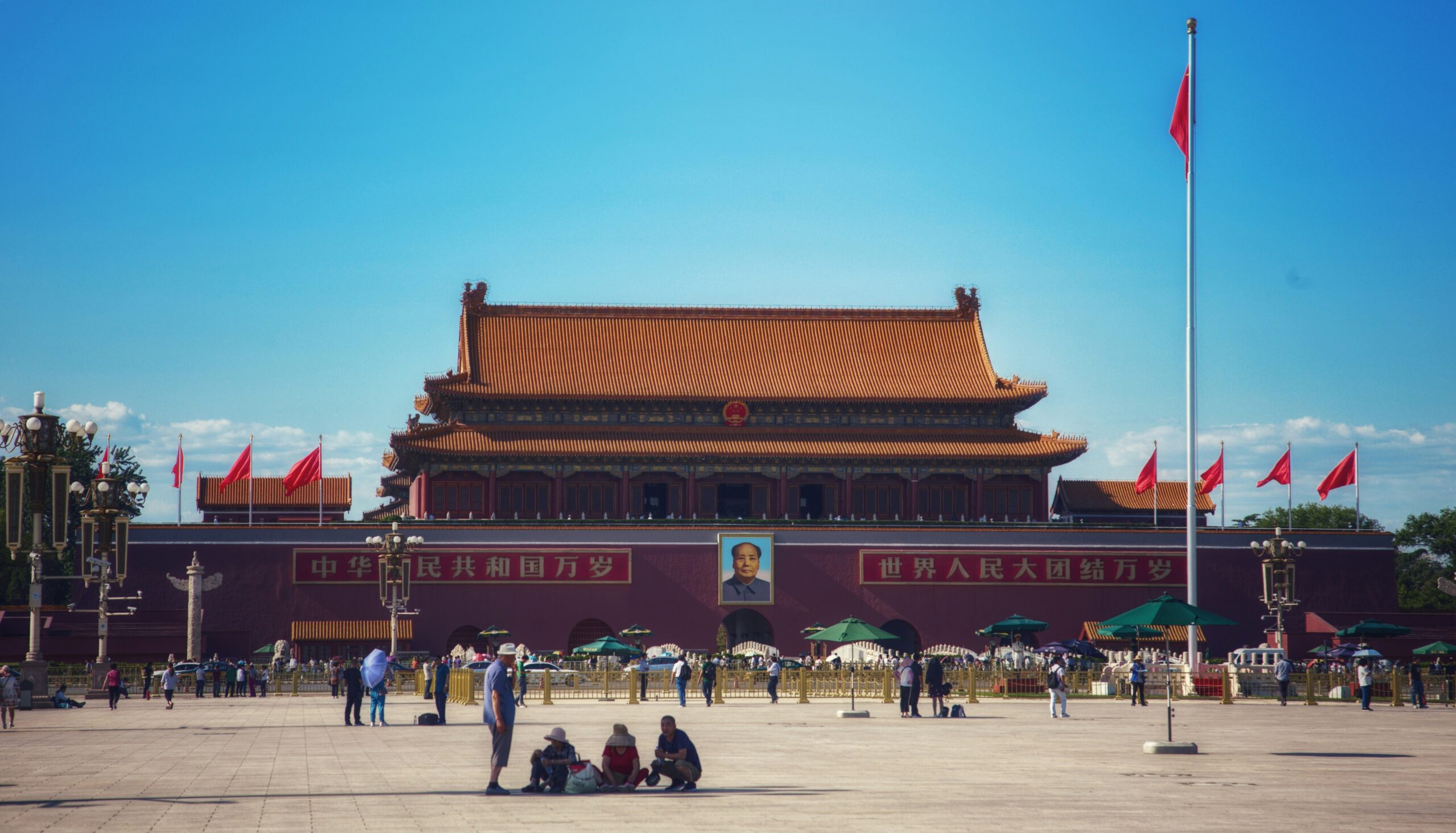On Tuesday, 23 September, the EU and Indonesia officialy finalised a landmark trade deal, bringing years of negotiations to an end. Following a political agreement reached in July, EU Trade Commissioner Maroš Šefčovič was in Indonesia on Tuesday to mark the conclusion of the Comprehensive Economic Partnership Agreement (CEPA). The landmark pact is designed to slash tariffs, open up one of the world’s fastest-growing economies to European firms, and secure vital raw materials for Europe’s green transition, creating a free-trade zone of over 700 million consumers.
This agreement promises significant benefits for a wide range of European sectors, from farming to advanced manufacturing. Once in force, the deal will eliminate customs duties on 98.5% of goods, saving EU exporters an estimated €600 million annually. For consumers, this could mean more affordable Indonesian products, while European goods will gain a competitive edge in a market of nearly 300 million people.
Perhaps most impressively, Indonesia has agreed to an unusually fast timeline for removing some of its steepest tariffs. The country’s hefty 50% import tax on cars and 30% tariff on dairy products will both be phased out over just five years—a stark contrast to other trade deals, where such reductions can take decades. For European farmers, who already export €1 billion worth of produce to Indonesia each year, the deal eliminates tariffs on key products like meat, fruits, and vegetables.
As Trade Commissioner Maroš Šefčovič explained, the agreement is a strategic win in an uncertain global climate. He noted, “The EU-Indonesia Comprehensive Economic Partnership Agreement opens new doors for European businesses in a dynamic and growing market. By gradually removing Indonesia’s 50% car import tariff, the agreement creates fresh opportunities for EU automotive exports and electric vehicle investments.
Beyond the economic benefits, the deal places a strong emphasis on sustainability and securing the resources needed for a greener future. It formally makes the Paris Agreement on climate change an essential element of the EU-Indonesia relationship. Crucially for Europe’s tech and clean energy industries, the agreement will improve access to Indonesia’s vast reserves of critical raw materials like nickel and cobalt, which are essential for manufacturing batteries for electric vehicles. While Indonesia has restricted exports of raw ore to develop its own processing industry, the deal ensures EU companies invested in the country will receive the best possible treatment.
Next Steps
With negotiations now complete, the agreement will undergo a final legal review and be translated into all official EU languages. It must then be signed by the EU Council and Indonesia before being sent to the European Parliament for ratification. If all steps proceed smoothly, the new trade partnership could come into force by the end of next year, marking the beginning of a new chapter in EU-Indonesia relations.

